Born in Chicago, Illinois, and a member of the Tunica-Biloxi Tribe of Louisiana, Nick Medina writes horror, crime, and mystery fiction that pairs social issues with local and Native American folklore. In addition to writing, he enjoys live music, ghost stories, and spending time with family. The Whistler is his third novel.
Tell us about The Whistler. What sparked the idea for this story?
The Whistler revolves around Henry Hotard, who takes things a little too far in his quest to become an internet-famous ghosthunter, and who suffers a devastating injury as a result, which leaves him haunted in more ways than one.
Lingering thoughts from my previous novel, Indian Burial Ground, coupled with the scary superstition about what might happen to you if you whistle at night planted the seed for this story.
You’re often described as one of the leading voices in contemporary Indigenous horror. How has your identity and experience shaped the stories you choose to tell, and what responsibilities do you feel when bringing traditional beliefs into a modern horror framework?
My experiences tend to influence the characters and settings in my stories, which almost always incorporate issues of importance to Native and Indigenous communities, such as healthcare, the epidemic of missing and murdered Indigenous women and girls, alcoholism, and suicide. When incorporating traditional beliefs into modern horror, I’m careful to stay true to those beliefs while illustrating how they remain relevant today when coupled with the challenges we face today.
For writers who want to center Indigenous voices or work with folklore ethically, what are the practical steps you’d advise?
Don’t try to change history, but rather identify the ways in which historical tales apply to the here and now. Once you’ve found the links between traditional folklore and the ideas you’d like to write about, focus on ways to seamlessly stitch them together.
How do you think about point-of-view in horror, especially when the story requires both interior psychological detail and external, terrifying set pieces?
More often than not, I let the story dictate what should happen, when, and from which character’s point of view. A lot of it happens intuitively. It’s a feeling, I guess, that I’ve learned to trust.
How did you approach writing a main character with quadriplegia? What were some of the challenges and some of the unexpected elements of writing a disabled main character?
Writing a character who lives with quadriplegia was one of the greatest challenges I’ve experienced as a writer, and I wouldn’t have attempted it if I hadn’t had the help and support from someone who has lived with quadriplegia for nearly fifteen years. He answered every question I had, no matter how personal, about the injury that resulted in his paralysis, the grief and loss he experienced, and how he continues to tackle challenges head on. I did a great deal of research that included watching internet videos created and posted by young adults living with paralysis, and who share every challenge and achievement they experience. It wasn’t easy internalizing their pain and fears, but—on the flip side—it was inspiring to see how steadfast they remain even when the weight of what they’re dealing with becomes almost too much to bear. The Whistler is in honor of them.
What are some things you’ve learned about writing modern-day horror that new writers in this genre should seek to understand?
Modern-day horror is diverse, ever-changing, and ever-growing. While old horror tropes live on, I’d encourage new writers to put their own twists on them. Horror readers will let you know if they think you’re not original enough.
What’s some of the best writing advice you’ve ever received?
The best writing advice I’ve ever received is to write the ending first. Treat the ending as your finish line. You might not know how you’re going to reach that finish line at first, but once you have the ending in place, you’ll figure out what your characters need to do and say in order to reach it. I won’t start writing a story if I don’t feel confident about the ending.
Do you have a favorite craft or publishing book?
I read Stephen King’s On Writing: A Memoir of the Craft many years ago. I should probably read it again.
What are some of your favorite horror novels that have come out recently?
Some of my favorites from this year so far are Angel Down by Daniel Kraus, The Buffalo Hunter Hunter by Stephen Graham Jones, and When the Wolf Comes Home by Nat Cassidy.
What are you working on next?
I’m currently editing my next novel—a cabin in the woods story with cryptids and a turn-of-the-century cold case—which will be out in November 2026.
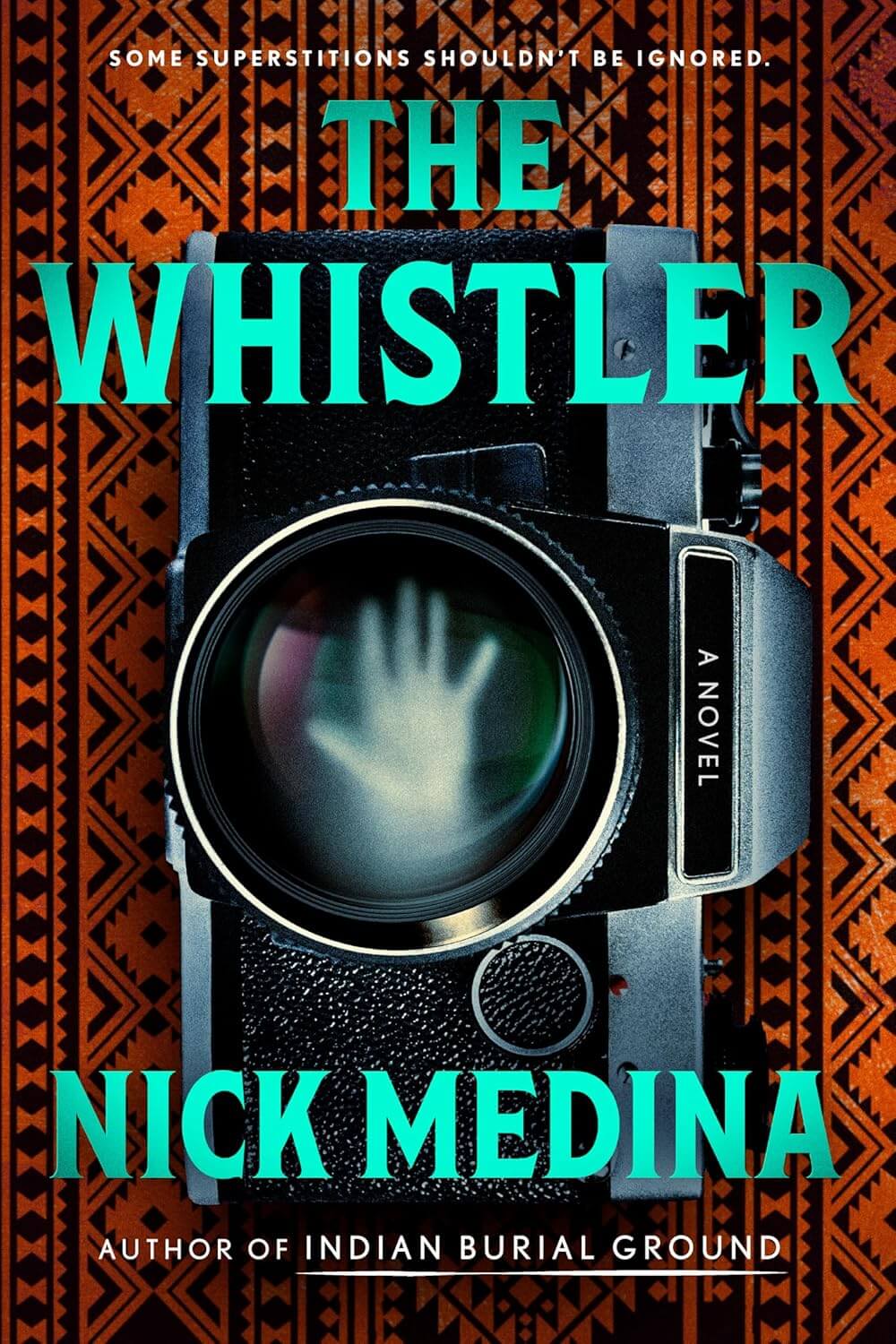
The Whistler by Nick Medina
Henry Hotard was a prolific ghost hunter. He was building a career and a name for himself until one whistle at night landed him back home in his grandparents’ care on the reservation where he grew up, in a wheelchair, all while adapting to his new life as someone with quadriplegia. The worst part? He knows he’s being haunted, and no one believes him. Haunted both by the ghost as well as his own past which he carries with him, Henry must try to exorcise himself of both.
Buy the book now: Bookshop.org | Amazon | Barnes & Noble

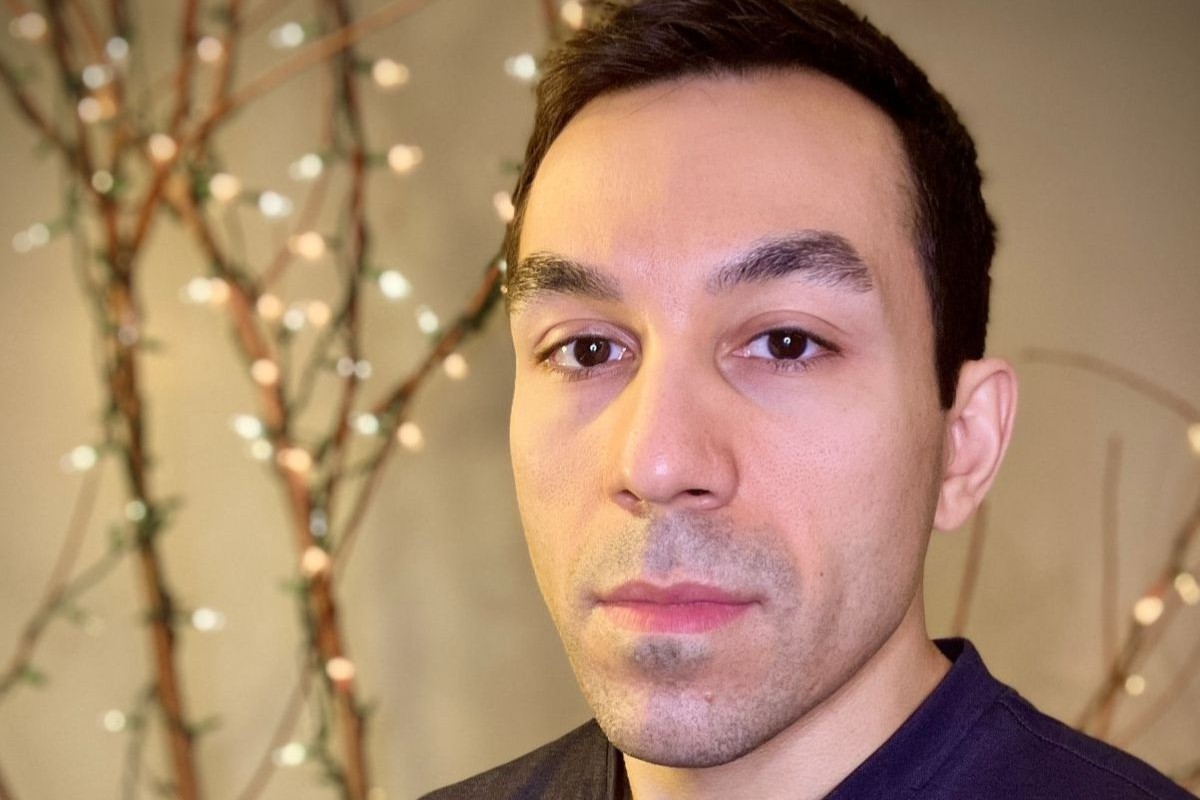

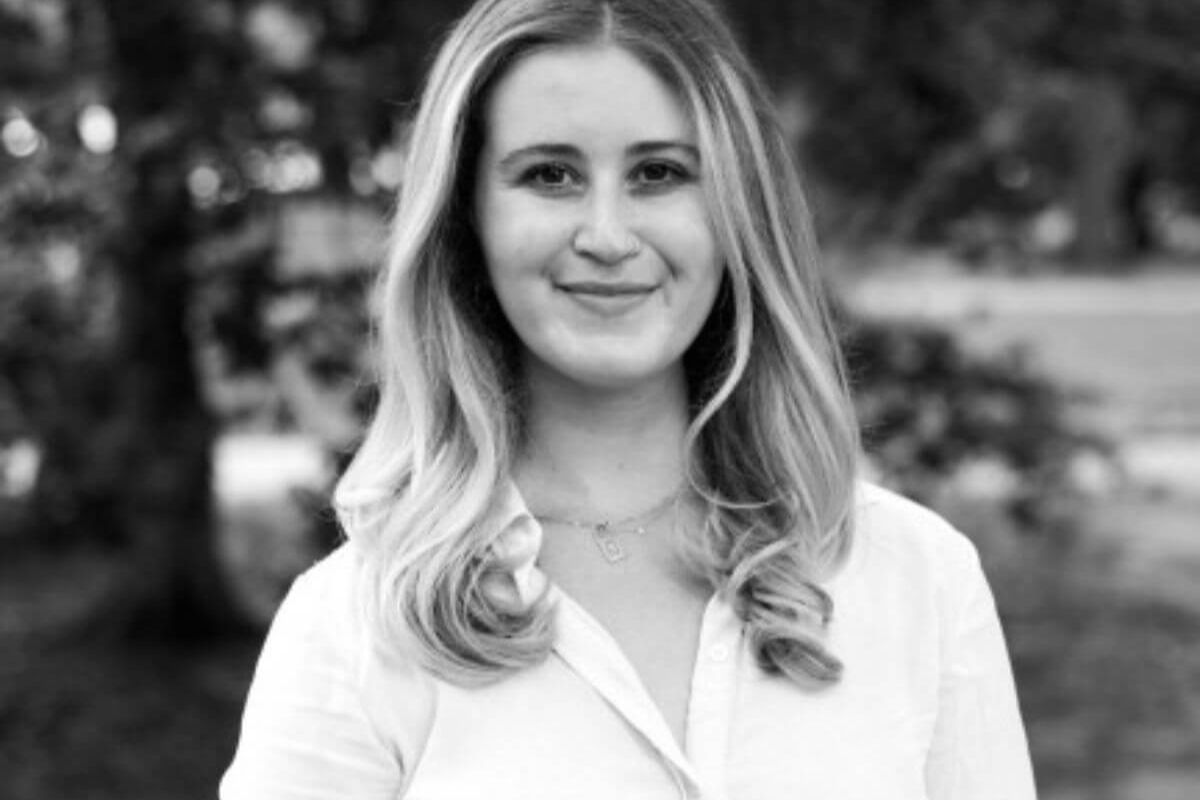
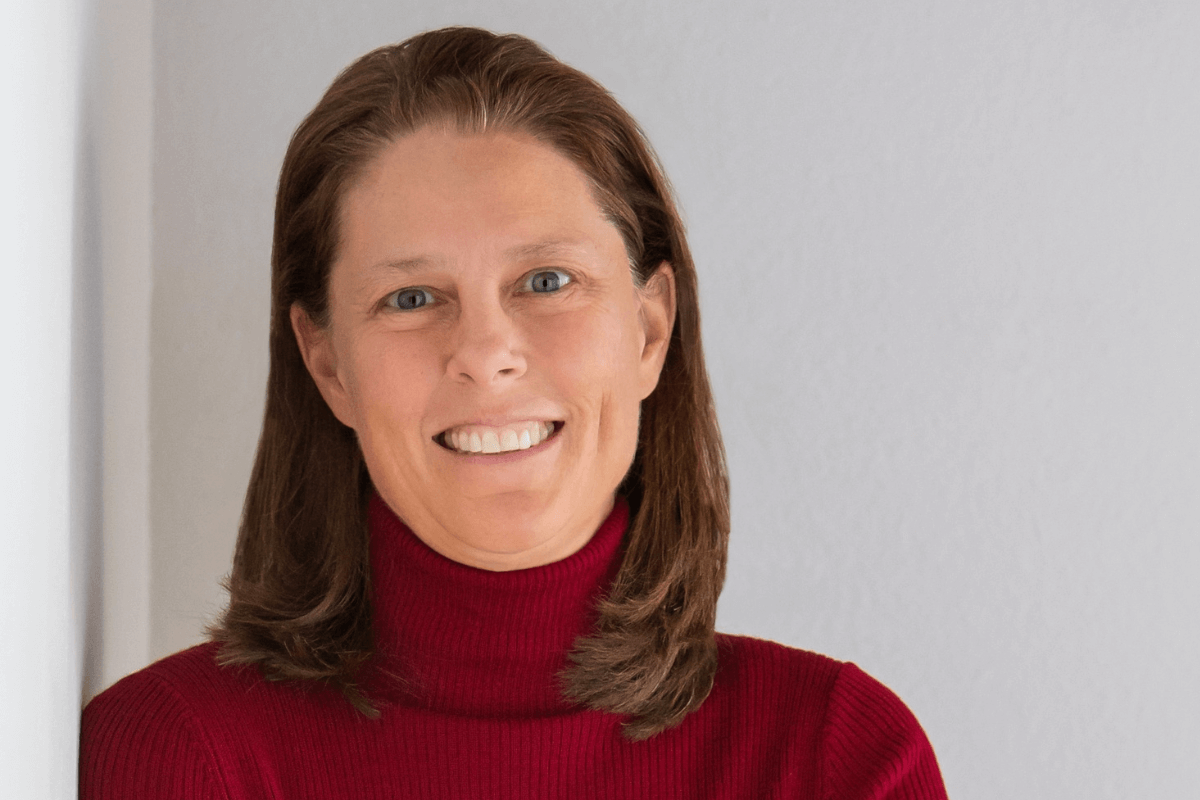

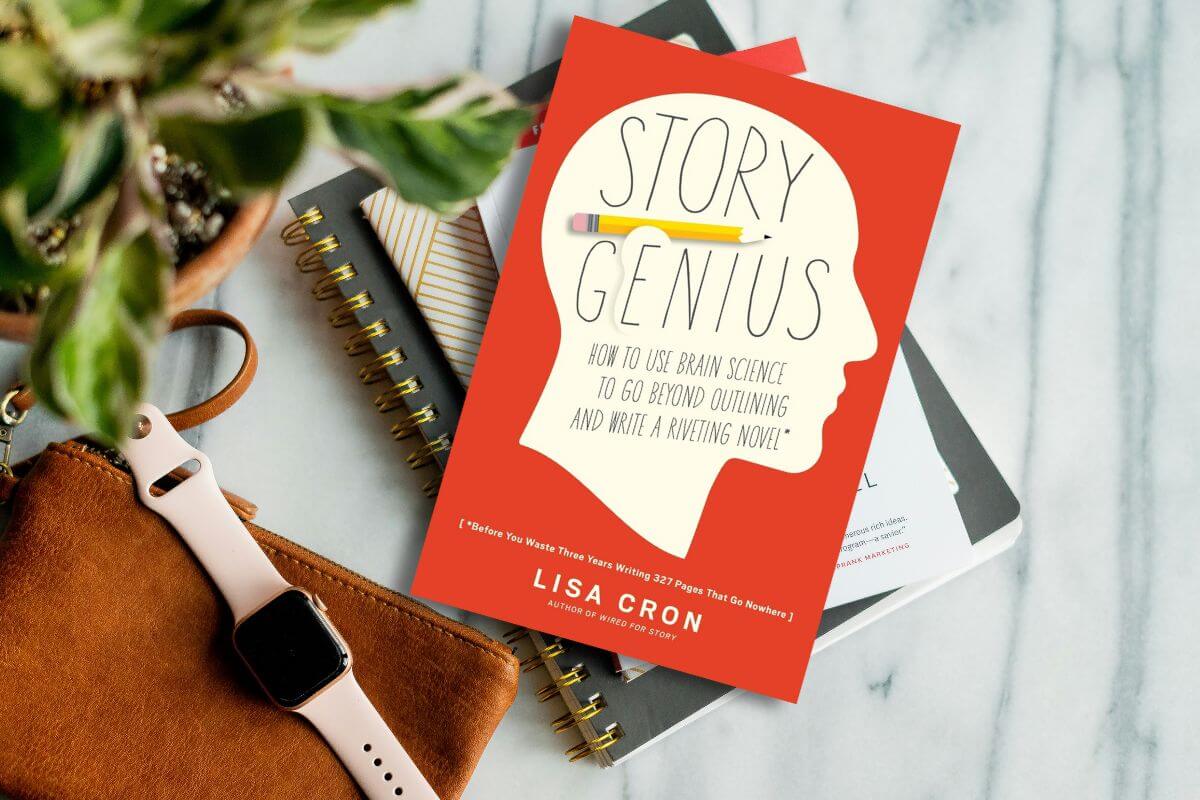
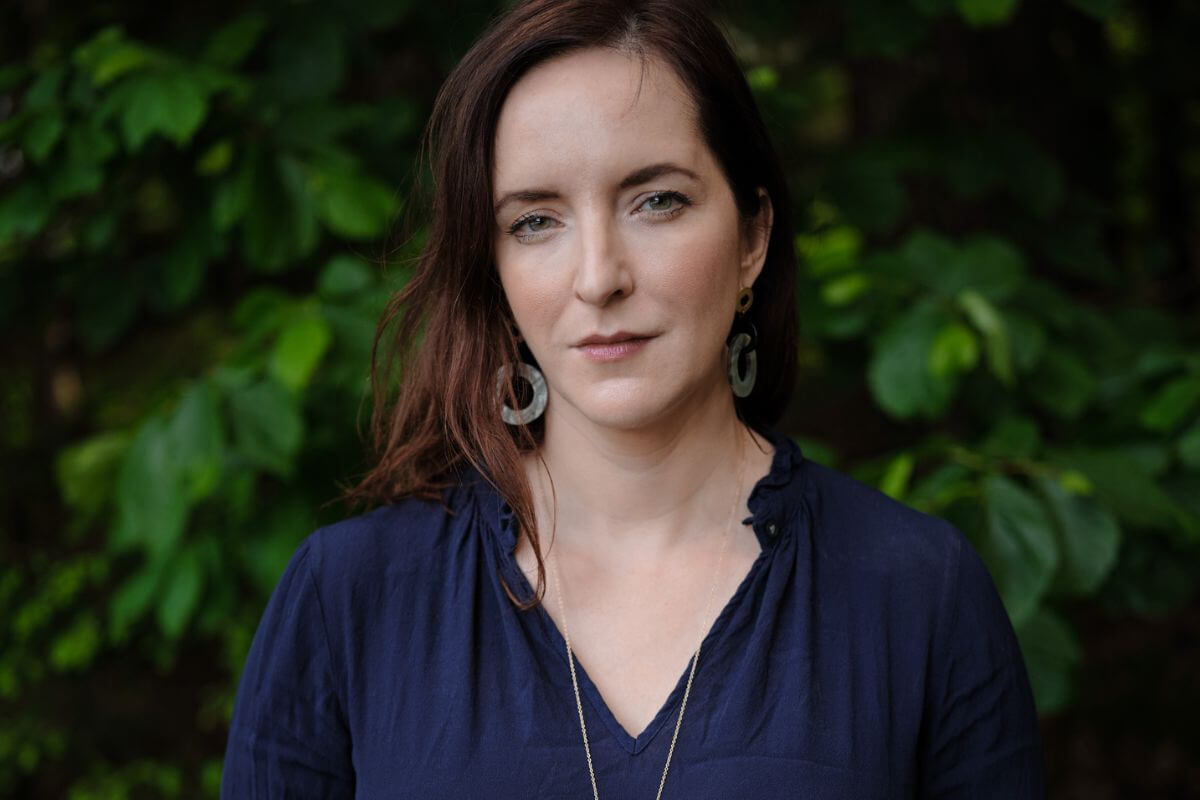
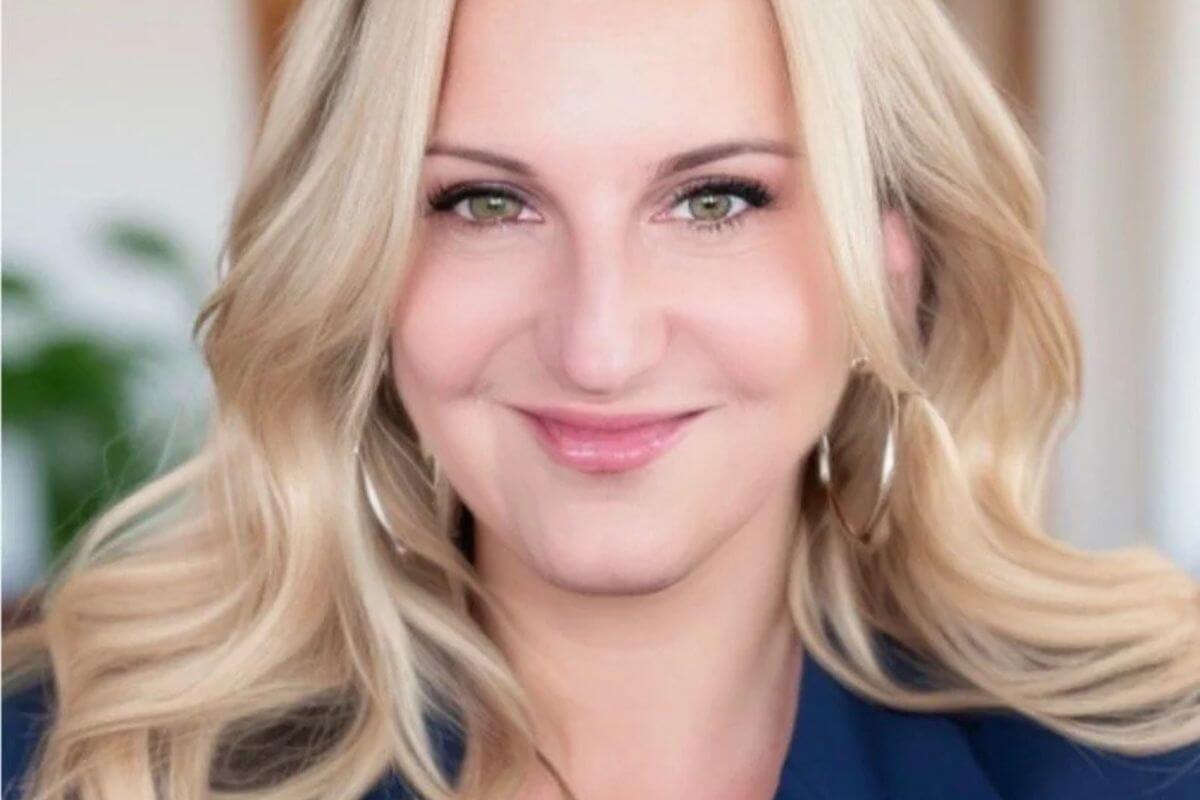

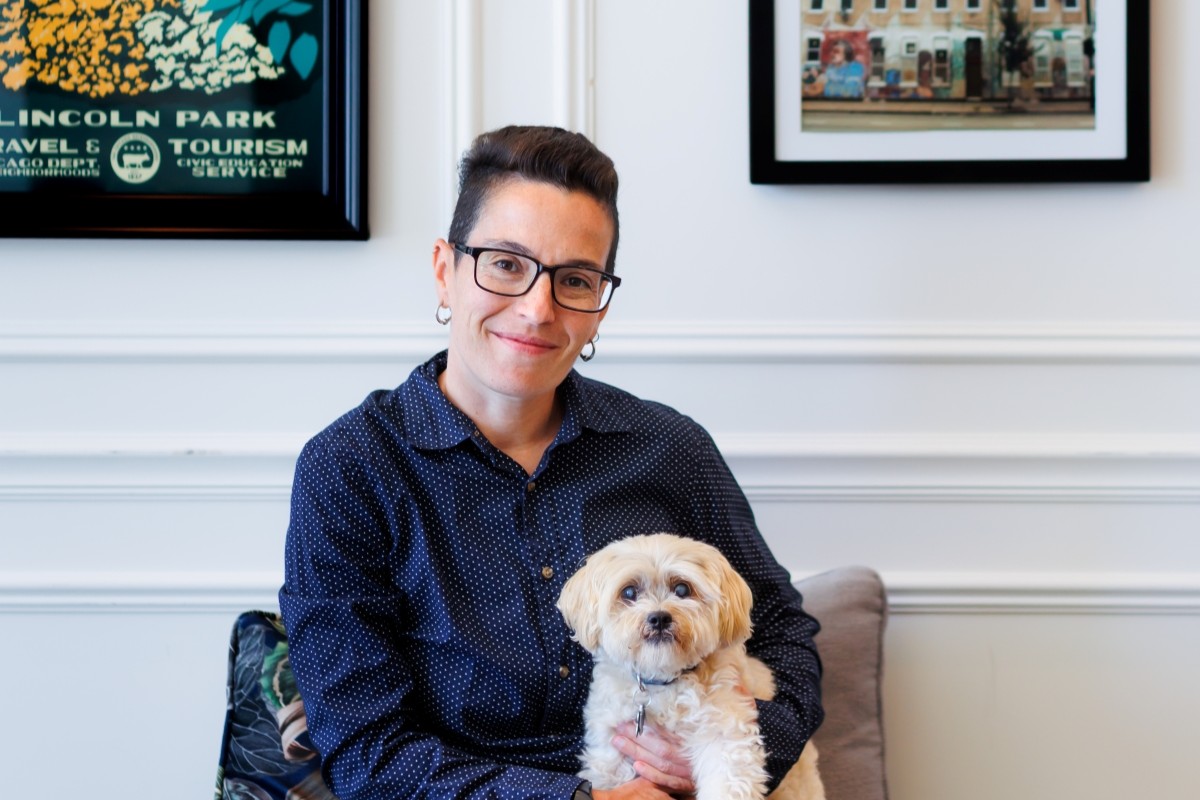


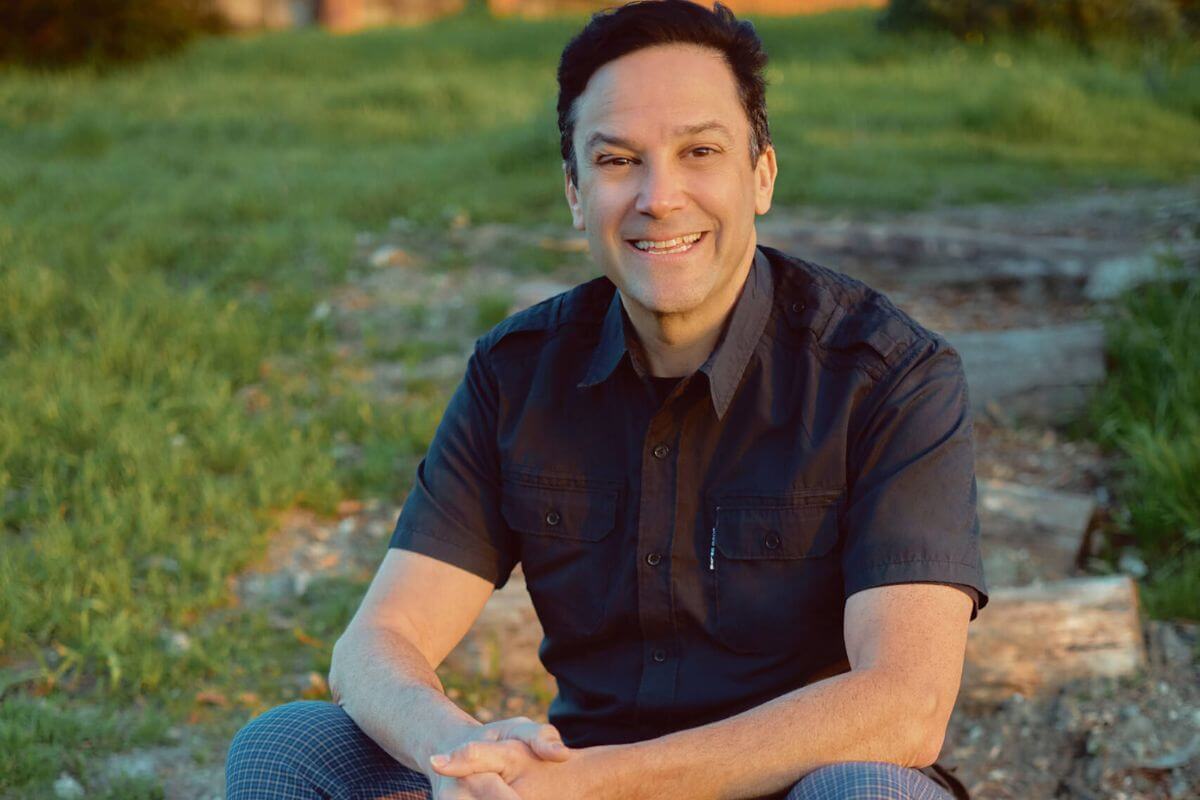
Leave A Comment